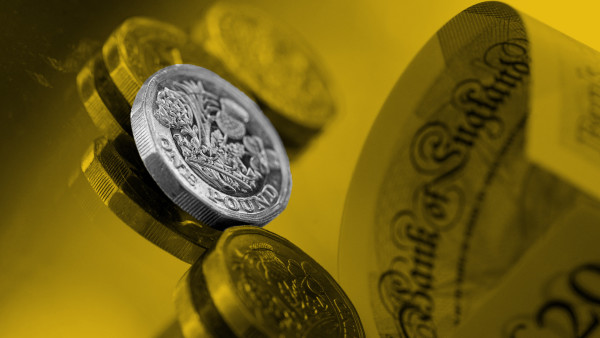Higher rate taxpayers are being urged to review their charitable donations with a view to making a claim for extra tax relief.
Those paying the higher rate of income tax are eligible for charity gift tax relief dating back four years.
Now time is running out to bring a claim for donations made in 2018, as all claims will need to have been submitted to HM Revenue & Customs by April 5.
Charity gift tax relief applies to donations made under gift aid. This allows the charity to claim back the basic rate of tax paid by the donor on their income.
But for those on higher incomes, paying 40 per cent tax relief, there is an extra 20 per cent that can be claimed by the taxpayer themselves.
The problem, according to Tim Stovold, head of tax at Moore Kingston Smith, is that "most people who are 40 per cent taxpayers, but earn less than £100,000 per year, will not complete a tax return and miss the opportunity to claim the additional tax relief.
“For individuals who have missed this opportunity in the past, they are able to claim for the last four years. But on April 6 2022 the chance to claim for 2017/18 is lost as more than four years will have elapsed from the end of that tax year.”
The current earnings threshold for higher rate tax is £50,271, which has been frozen for four years from 2022/23 to 2025/26. Back in 2018 it was £45,000.
Moore Kingston Smith's top tax tips for action before April 5
- Claim tax reliefs on pension contributions and charitable donations;
- The capital gains annual exemption of £12,300 is a ‘use it or lose it’ tax relief. Check if you own shares which are standing at a gain and can be sold to use the exemption;
- Employers: consider paying bonuses before April 5 to save 2.5 per cent on NICs;
- Employers and owner-managers: consider paying dividends before April to save 1.25 per cent in dividend taxes.
The accountancy firm also urged taxpayers to file their returns in time to avoid incurring a penalty.
"File first, talk second, if you want HMRC to agree a payment scheme," it said.
Tax manager Joseph Adunse said: “According to HMRC about 900,000 taxpayers had not filed their 2020/21 tax returns by the end of February and have incurred a £100 fine.
"On April 1st they will face a further 5 per cent payment penalty. To forestall that charge and agree terms with HMRC, they must first file a return, which will need to be processed. Nothing can be done before that, and time is running out.”
carmen.reichman@ft.com

